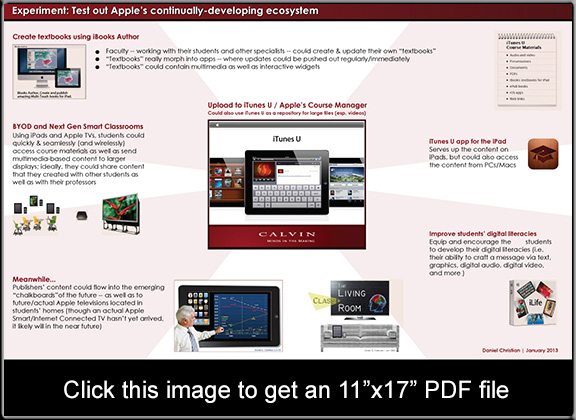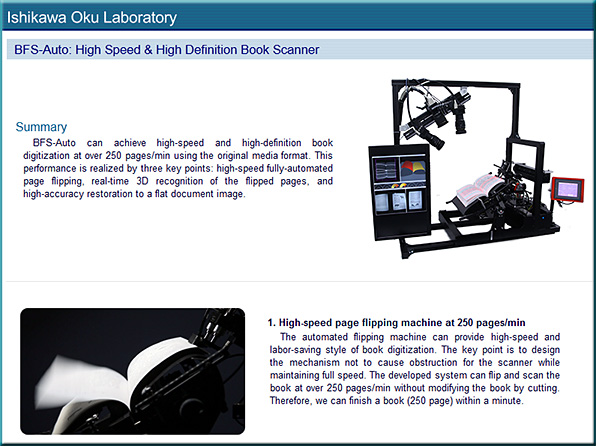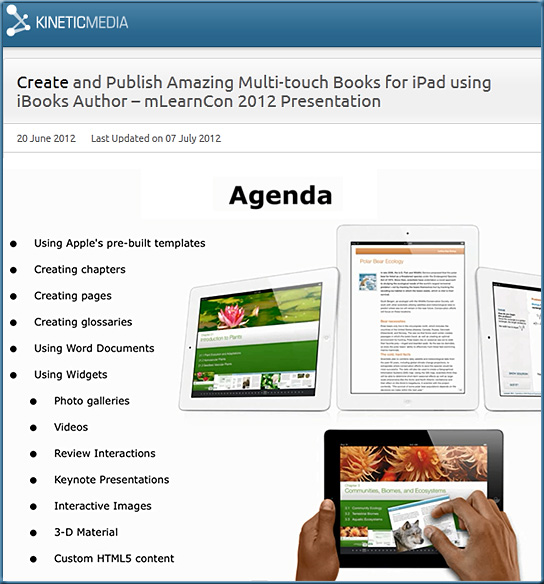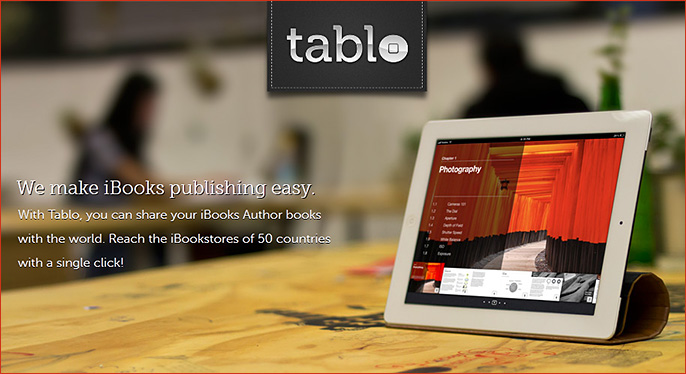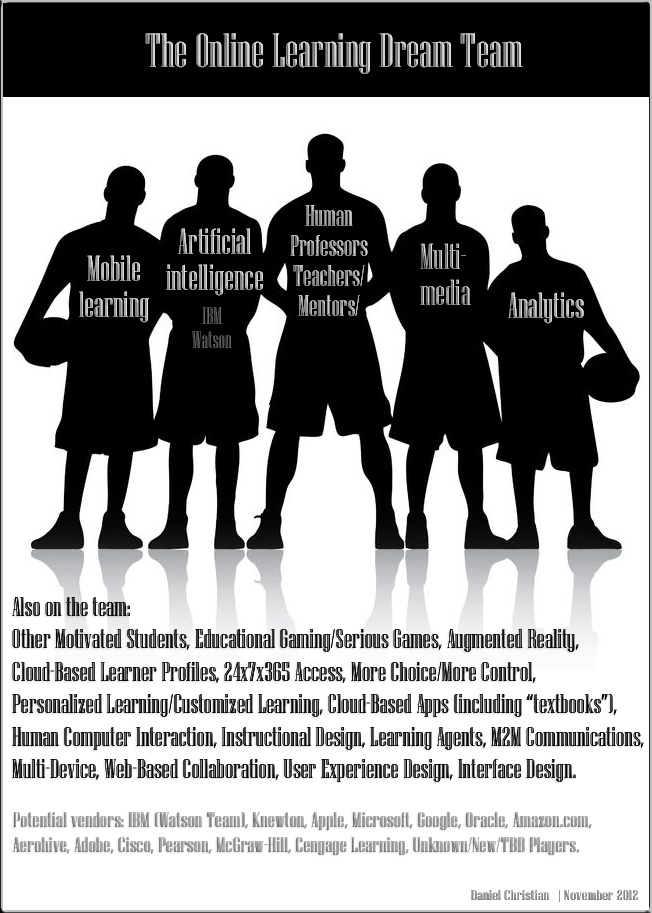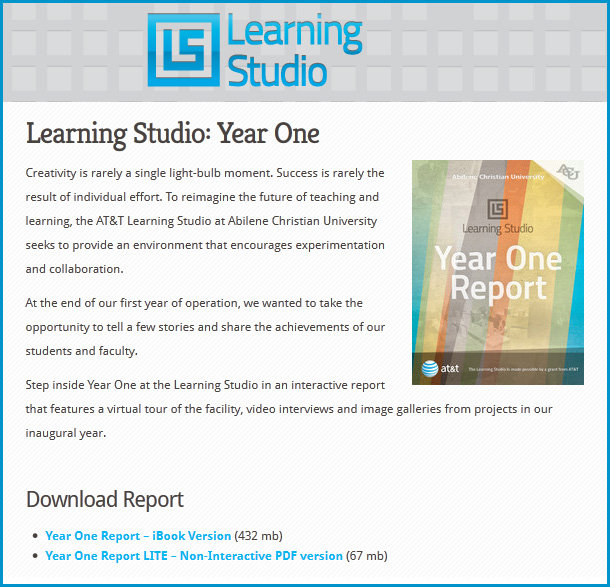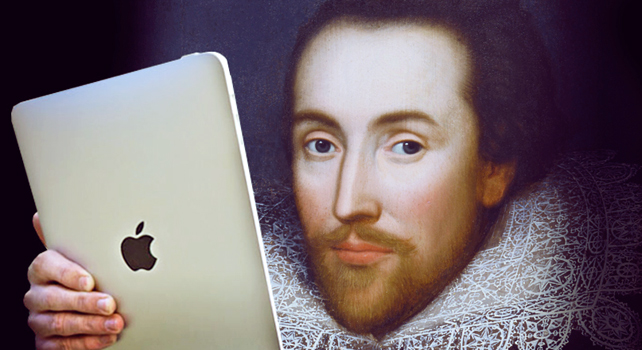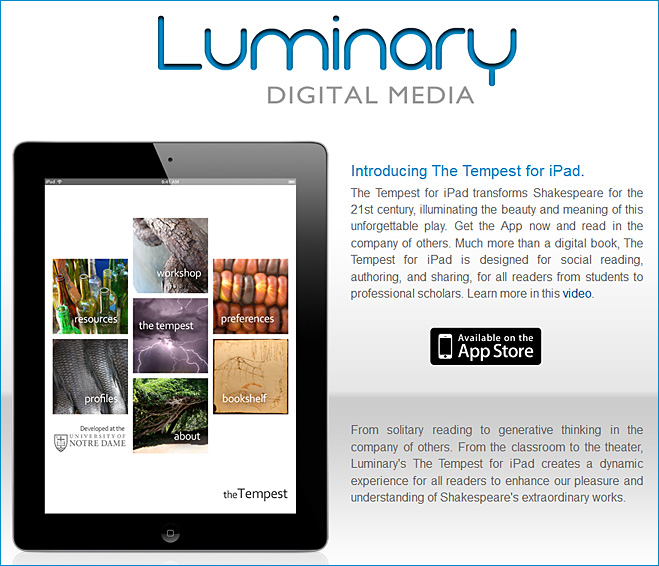Description
Self Publishing Using iBooks Author is aimed towards introducing you to using to Apple’s powerful eBook authoring software, the new possibilities it provides, and help start you on the path to creating your very own books to share and distribute.
Being an eBook about iBooks Author, created using iBooks Author, we will take advantage of this and explore every facet of this software while demonstrating on the pages how we went about creating the layouts and designs you see using iBooks Author’s many features.
Free.
Available on iPad.









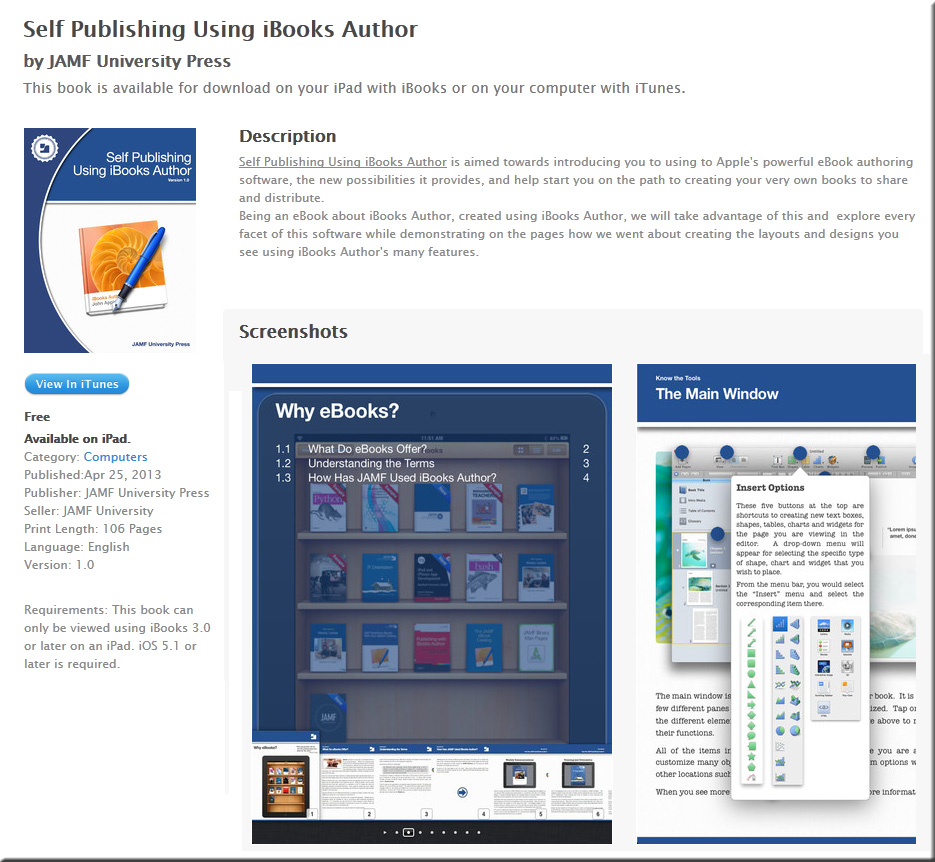
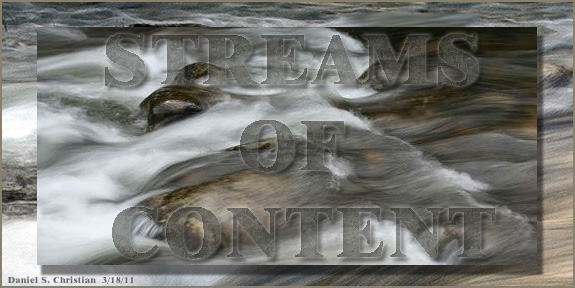
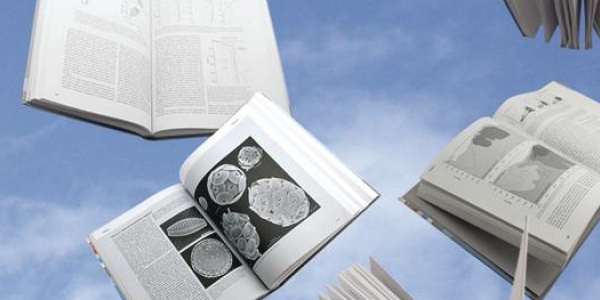
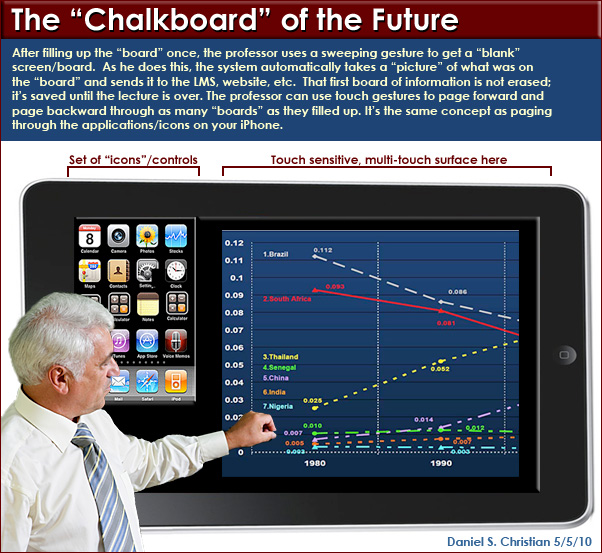
![The Living [Class] Room -- by Daniel Christian -- July 2012 -- a second device used in conjunction with a Smart/Connected TV](http://danielschristian.com/learning-ecosystems/wp-content/uploads/2012/07/The-Living-Class-Room-Daniel-S-Christian-July-2012.jpg)

